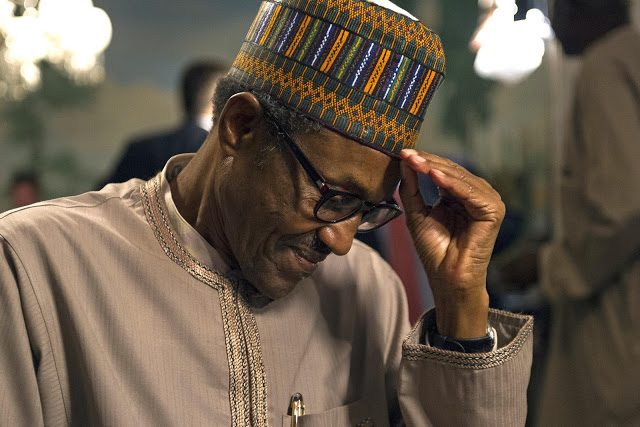
There are indications that hard times civil servants as state governments may owe salaries in coming months following the shortfall in the states revenue, caused by outstanding disbursement of federal allocation.
Due to the crash in global oil prices, state governments have not received federal allocation for the month of March 2020. From all indications, workers in states like Osun, Ekiti and Kogi among others that have outstanding salaries issues may face difficult times.
It may be difficult for them to survive if there fears of non-payment of salaries become reality, as state governments order sit at home to workers, a move made to curb the spread of Coronavirus (COVID-19).
According to the governor of Kebbi state, Atiku Bagudu, the salaries and pensions of workers would be paid for the month of March, but subsequent months appear very uncertain as the Federal Government allocation has not yet been disbursed to any state.
The governor spoke at an emergency stakeholders’ meeting in Birnin Kebbi, to chart the best course of action for the financial future of the state, in the face of the looming global economic meltdown.
Bagudu expressed concerns that the slump in oil prices could mean a drop in federal allocation, and informed the stakeholders that if federation allocation falls below the monthly salary bill of the state – estimated at N 1.95 billion – salaries may not be paid in subsequent months.
Bagudu informed the forum that the Coronavirus pandemic had hit hard on the Nigerian economy, making it impossible to market her crude oil, and the situation was worrisome for Kebbi State because it relied heavily on federation allocation without any major source of internally generated revenue.
Recall that members of the Federal Account Allocation Committee (FAAC) disagreed over the amount presented by revenue-generating agencies for allocation to the Federal Government, State and Local governments.
It was reported that the amount presented for sharing by the revenue-generating agencies for the month of February 2020 was lesser than expected, so it left the committee disgruntled, causing the meeting to end abruptly, an official of the Ministry of Finance said.
Government revenue has dropped in recent times. The Federal Inland Revenue Service (FIRS) did not meet up with its set revenue target of N8.8 trillion in 2019.
According to data from FIRS, the agency generated N5.26 trillion in 2019, which is just 59.8% of the target. And the new FIRS boss, Nami has stated that the tax agency might not meet the target for 2020.
Also, due to the development in the global oil market, as the oil price war between Russia and Saudi Arabia intensifies, government revenue is declining. The oil price war led to the crash of oil price as Brent crude oil fell to $28.14 per barrel – the lowest since 2003.
You may be interested

AFCON 2025Q: New Boy Osho, Iheanacho, Start For Super Eagles Vs Benin Republic
Webby - November 14, 2024The Super Eagles will line-up in a 3-4-3 formation in tonight’s 2025 Africa Cup of Nations qualifying tie against Benin…

My Goal Was To Achieve Success With Ten Hag At Man United –De Ligt
Webby - November 14, 2024Netherlands international Matthijs de Ligt has suggested Erik ten Hag didn’t get the breaks he needed to keep his job…

I Want To Take My Game To New Level –Lookman
Webby - November 13, 2024Super Eagles winger Ademola Lookman has reiterated his commitment to take his game to the next level.The Nigerian international, who…






















![American Pastor, David Wilson Seen Eating The Box Of Woman Who Isn’t His Wife [Video]](https://onlinenigeria.com/wp-content/uploads/2019/10/american-pastor-david-wilson-seen-eating-the-box-of-woman-who-isnt-his-wife-video-150x150.jpg)





![Governor Rochas Okorocha Unveils President Buhari’s Statue In Owerri [Photos]](https://onlinenigeria.com/wp-content/uploads/2019/05/governor-rochas-okorocha-unveils-president-buharis-statue-in-owerri-photos-150x150.jpg)


